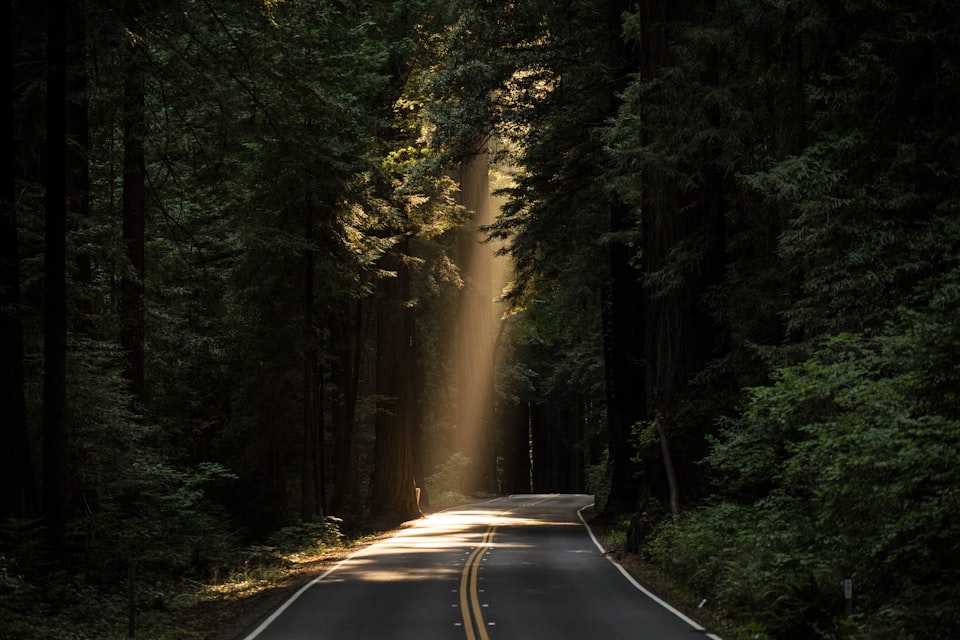The Sunny Side of Healing

I've said it before: healing isn't about trauma.
Yes. It involves a lot of trauma work.
But healing isn't about trauma. Or what we do with the trauma.
We just get lost there if we're not careful. Intentional.
In healing we clear the trauma. That's a step. Not the purpose.
Healing is about what we do with the space we clear.
Healing is about what we fill that space with.
Today, we start unpacking what that looks like and how to get there.
Freedom
"If I didn't define myself for myself, I would be crouched into other peoples' fantasies of me and eaten alive” - Audre Lord
When you clear your trauma you begin to unlock your freedom.
A free adult isn’t caged by anyone’s story. Not even her own.
A free adult sees life as a story she get to write, edit, and rewrite however she wants to.
A free adult has influence. Power.
It's inherent in her being.
She's aware that now, as an adult, she always has a choice.
And she knows she can use them.
The landscape might be set. The society, the earth, other peoples' choices are all outside of her control. Still, she sees it all and she writes her own story.
Yes, there are sticky plot points. This is true of all good & interesting stories.
But we don’t become those plot points.
In a free person's story, we realize we don't have to get stuck in them. Character development is real. The plot continues to move. The show goes on til the end where we get our happily ever after.
So…
Healing isn't about trauma.
It's not about what they did to you. Your whole life has, incidentally, been about what they did to you.
Healing isn't about their truth.
It's about finding your truth. Writing your script.
It's about coming home to your Self.
To the truth of who you are.
Of what you desire.
What you're capable of.
Healing is about finally taking ownership of your most precious inheritance:
Your life.




